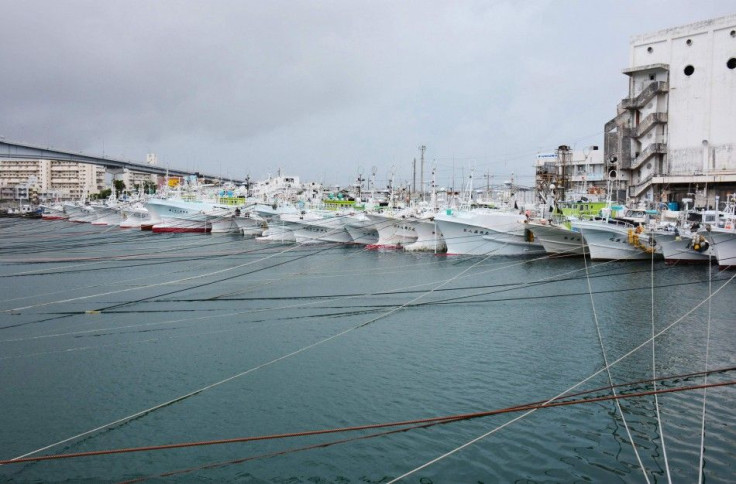New Zealand, Other Pacific Nations Concerned About Dwindling Tuna Multi-Billion Industry

Saving tuna in the Pacific is as important as climate change. The Ambassador for Pacific Development Shane Jones, former New Zealand Labour MP, has the job of making sure island nations make the most of their fishing resource believes it is crucial to preserve tuna stocks.
The gathering of Pacific countries in the Western and Central Pacific Fisheries Commission (Tuna Commission) in Samoa in the last few weeks was described as "pretty bleak," according to Radio NZ. Many conservationists and industry players no longer believe in the commission's ability to protect the declining tuna population. They warned that the multi-billion dollar fishery faces a dire threat as bigeye tuna are down to 16 percent of their original level. The yellowfin tuna was also identified as among the at-risk species.
Charles Hufflet, director of New Zealand fishing company Solander, said the Tuna Commission has failed in its purpose. He believes the problem of overfishing in the multi-billion dollar industry will have to be addressed at the G20 level. Although the commission has agreed to impose protection measures in the past, Huffet said it has never held anyone accountable for violating the rules.
He also slammed other countries for disrupting the market by supporting their own fishing industries using subsidies for building boats or lower tariffs for fish caught using own vessels. The restrictions that were established in the past years appear to be not enough to stop the declining tuna stocks in the Pacific. At the same time, China has declared it will increase its fleet of long liners currently operating in the region.
Reports said many parties worried about overfishing have called for a restriction on the number of fishing vessels, closure of some areas and changes in fishing methods. However, the politics involved in the process may be difficult to overcome especially with bigger countries like Japan, Spain, Korea, China and the U.S. Small nations like New Zealand only get about a 10 percent share.
Meanwhile, Greenpeace is focusing on the markets as it plans to urge international tuna brands to ensure suppliers are not contributing to the collapse of the fishing industries in the Pacific. Lagi Toribau of Greenpeace Australia Pacific said there was concern among smaller Pacific nations as bigger countries have rejected conservation proposals they created.





















